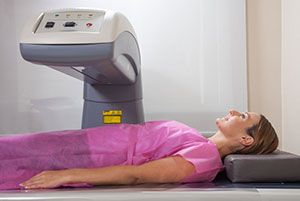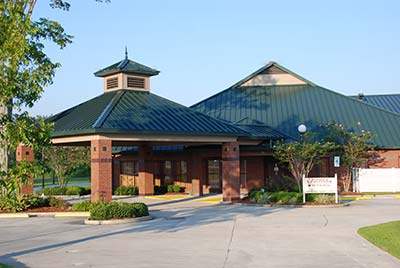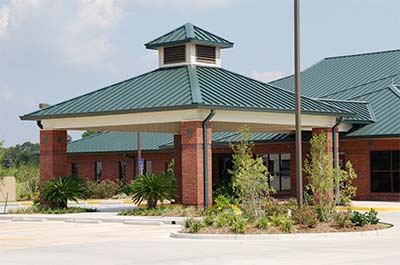MRI and Diagnostic Q & A's
What is an MRI?
Magnetic resonance imaging (MRI) is an advanced medical scanning technique. It allows for an accurate diagnosis of a range of issues from chronic diseases to tumors to abnormalities in the musculoskeletal system.
An MRI creates detailed images of the body and organs using magnetic field energy and computer-generated radio waves. During an MRI, the magnetic field temporarily realigns your body’s water molecules, which then creates a faint signal picked up by the radio waves.
The radio waves translate the information into pictures of the body part being examined.
Why would I need an MRI?
Your provider determines why you need an MRI. With the advanced imaging system, the team at Headache & Pain Center,amc can view soft tissue such as tendons, ligaments, muscles, cartilage, and the joint capsule, which aren’t visible on an X-ray.
Conditions and symptoms that may benefit from an MRI at Headache & Pain Center,amc include:
- Hand, wrist, and elbow pain
- Hip pain
- Knee pain
- Neck and spine pain
- Shoulder pain
- Sports injury
- Foot and ankle injuries
Your MRI image series may be analyzed at different angles, which may lead to a faster diagnosis and treatment.
How do I prepare for an MRI?
The team at Headache & Pain Center,amc provides specific instructions on the steps you need to take to prepare for your MRI. However, you can eat your usual diet and take your medications as scheduled.
The team requests that you change into an exam gown during the MRI and remove any clothing or jewelry that may interfere with the imaging, such as earrings, a watch, dentures, or an underwire bra.
What happens during an MRI?
The MRI is a painless, noninvasive test. During the procedure, your provider has you lie on the MRI exam table and moves you into place. You hear repetitive tapping and thumping noises throughout the MRI as the magnetic field and radio waves create the images.
In some cases, your provider may inject a contrast dye into your body to enhance imaging.
The length of your MRI varies, but it generally takes an hour or less. Once complete, you can resume your usual activities unless otherwise directed by your provider.
What happens after an MRI?
Your specialist at Headache & Pain Center,amc reviews the results of your MRI and generates a written report. Depending on the findings, your provider may schedule a follow-up appointment to discuss the MRI and develop a treatment plan.
For expert pain diagnosis from an experienced team, contact Headache & Pain Center,amc by phone or online today.



